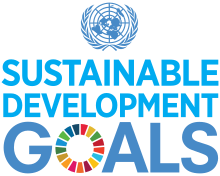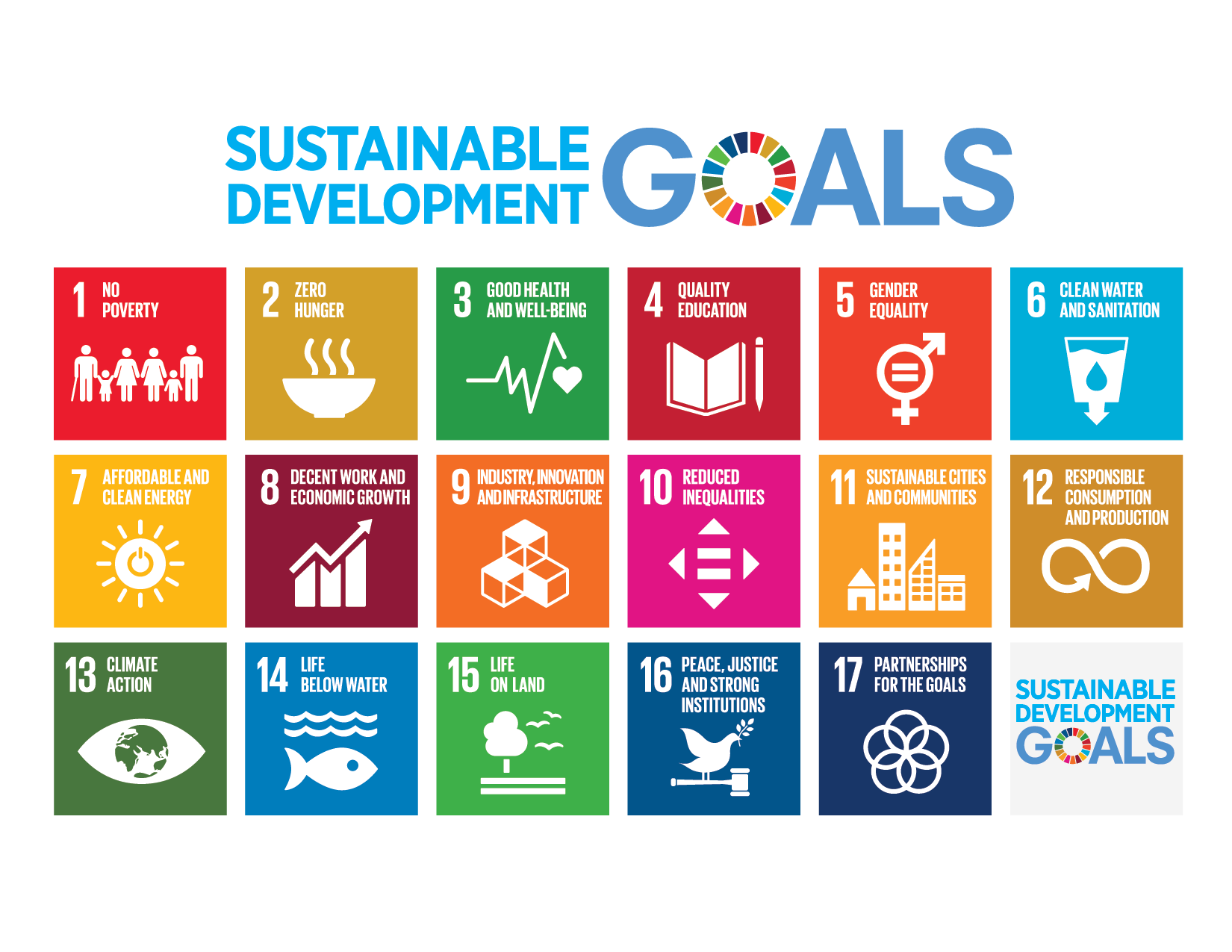We support

The 2030 Agenda for Sustainable Development, adopted by all United Nations Member States in 2015, provides a shared blueprint for peace and prosperity for people and the planet, now and into the future. At its heart are the 17 Sustainable Development Goals (SDGs), which are an urgent call for action by all countries – developed and developing – in a global partnership.
These objectives form a program of sustainable, universal, and ambitious development, a program of the people, by the people and for the people, conceived with the active participation of UNESCO.
UNESCO’s action to achieve the SDGs
Utilizing its mandate and proficiency across various domains including education, natural sciences, social and human sciences, culture, communication and information, as well as oceanic affairs, UNESCO consistently endeavors to execute initiatives aligned with the principle of inclusivity, ensuring “leaving no one behind.”
UNESCO actively helped to frame the Education 2030 agenda which is encapsulated in SDG 4. The Incheon Declaration, adopted at the World Education Forum in Korea in May 2015, entrusted UNESCO to lead and coordinate Education 2030 through guidance and technical support within the overall SDG agenda.
The new 2030 Agenda for Sustainable Development represents a significant step forward in the recognition of the contribution of Science, Technology and Innovation (STI) to sustainable development. UNESCO’s Social and Human Sciences Programme aims to firmly entrench universal values and principles, such as global solidarity, inclusion, anti-discrimination, gender equality and accountability, in the implementation of the SDGs.
Placing culture at the heart of development policies constitutes an essential investment in the world’s future and a pre-condition to successful globalization processes that take into account the principle of cultural diversity. UNESCO advocates the recognition of the vital role that freedom of expression and access to information and knowledge play in sustainable societies.
The Intergovernmental Oceanographic Commission (IOC) of UNESCO holds a universal mandate and global convening power for ocean science and capacity development in support of the 2030 Agenda and its sustainable goals.




